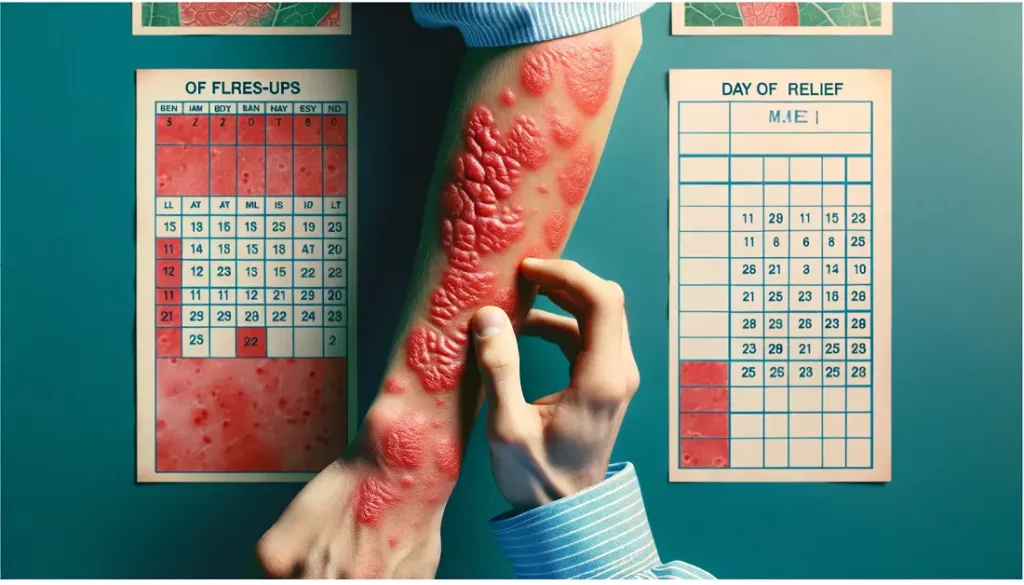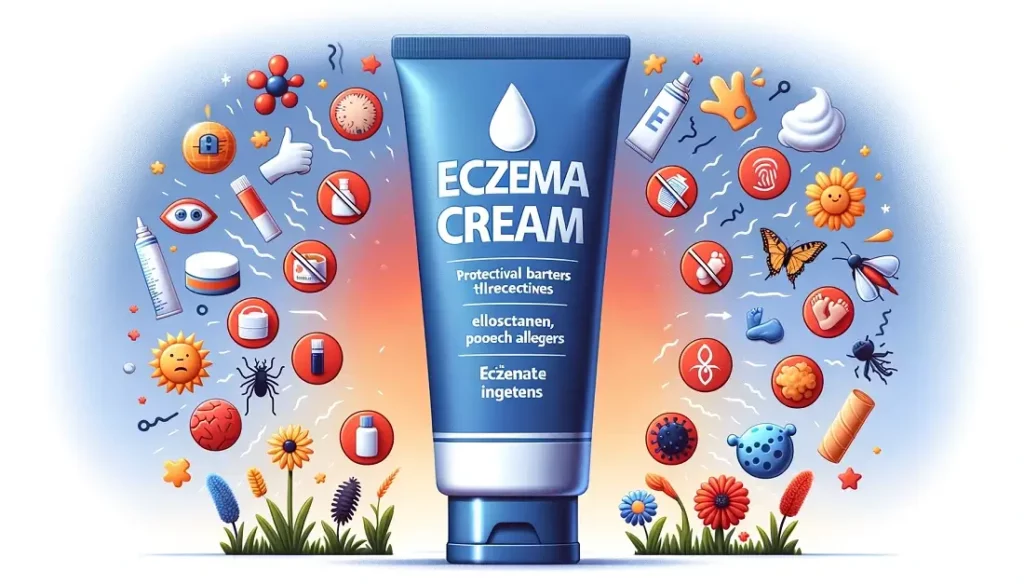Eczema, a chronic skin condition characterized by itchy, red, and inflamed patches of skin, affects millions worldwide. While its exact cause remains unknown, various triggers can induce or exacerbate flare-ups. If you or a loved one struggle with this condition, understanding these triggers and developing effective strategies for prevention can be life-changing.
Understanding Eczema Triggers
Before diving into preventive measures, it’s crucial to understand what might cause your eczema to flare. Common triggers include:

- Environmental factors: Such as pollen, mould, and changes in the weather.
- Stress: High levels of stress can exacerbate existing conditions.
- Irritants: Think chemicals, certain fabrics, and even some skincare products.
- Diet: Some people find foods, particularly dairy or nuts, to trigger their eczema.
It’s essential to note that triggers can vary from person to person. What affects one individual might not necessarily impact another. Monitoring and understanding your unique triggers can be instrumental in managing and preventing flares.
The Role of Eczema Cream in Management
When discussing eczema management, one cannot underestimate the importance of eczema cream. These topical treatments offer immediate relief from the unbearable itchiness and reduce inflammation. Most eczema creams contain moisturising ingredients that hydrate the skin, repair its natural barrier, and prevent further moisture loss.

Furthermore, for more severe flare-ups, prescription eczema creams may contain steroids or other medicated ingredients to tackle inflammation more aggressively. However, these should be used under the guidance of a dermatologist, as prolonged or inappropriate use can lead to side effects.
Lifestyle Changes for Long-Term Management
Consistency in skincare and lifestyle choices can significantly reduce the frequency and severity of eczema flare-ups. Some beneficial habits include:
- Regular Moisturization: Keeping the skin hydrated can prevent dryness, a major precursor to eczema flare-ups.
- Avoiding Known Triggers: If you’re aware that specific foods or fabrics trigger your eczema, it’s best to avoid them.
- Stress Management: Incorporate relaxation techniques like meditation or deep breathing exercises into your routine.
| Habit | Benefit |
| Regular Moisturization | Hydrates skin and prevents dryness |
| Avoiding Known Triggers | Reduces chances of an unexpected flare-up |
| Stress Management | Lowers the physiological impact of stress on exacerbating eczema |

Seeking Professional Advice
While at-home management techniques can be effective, it’s essential to seek advice from dermatologists or allergists, especially if you’re experiencing severe or persistent flare-ups. These professionals can offer tailored advice, recommend specific treatments, and even conduct allergy tests to identify potential hidden triggers.
In conclusion, while eczema can be a challenging condition to live with, understanding your triggers and being proactive in your skincare and lifestyle choices can drastically reduce its impact on your life. Whether it’s the regular application of eczema cream or making necessary dietary changes, every step counts towards a life with minimal flare-ups.